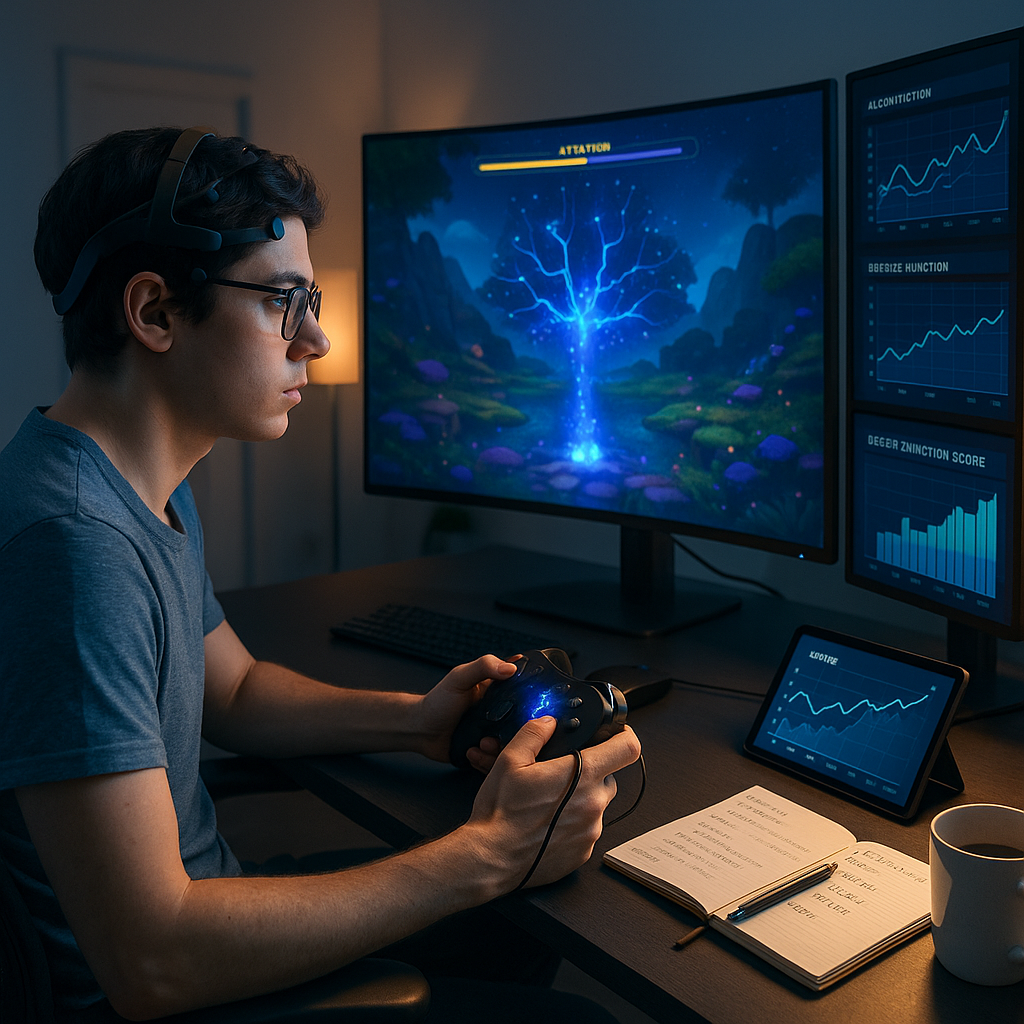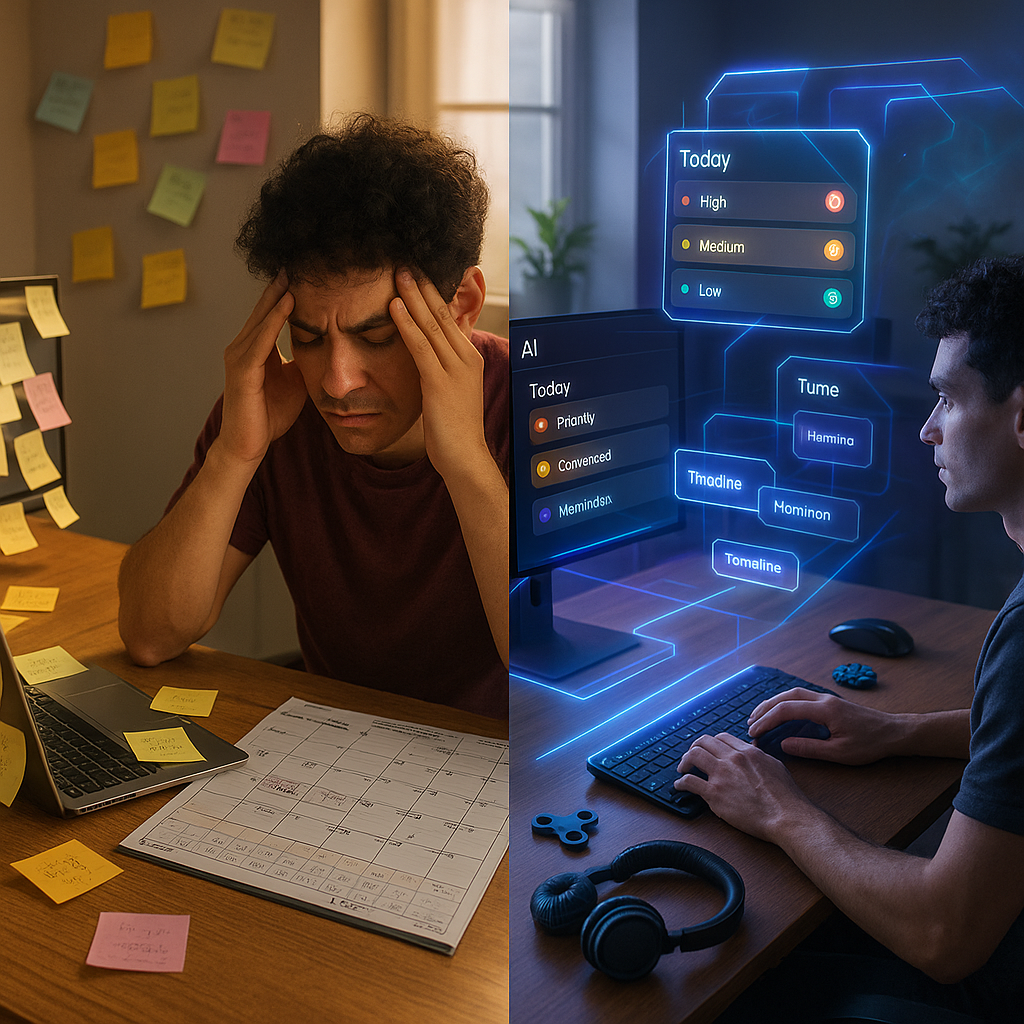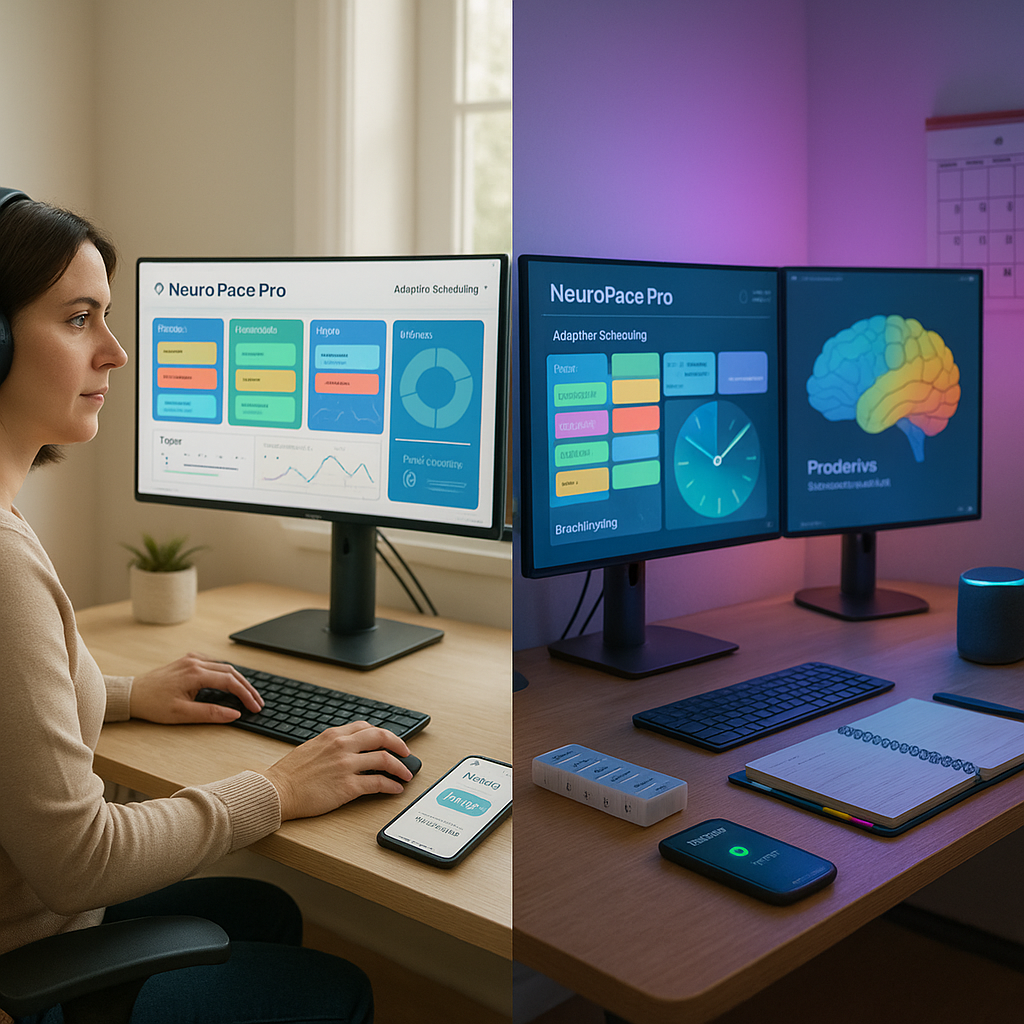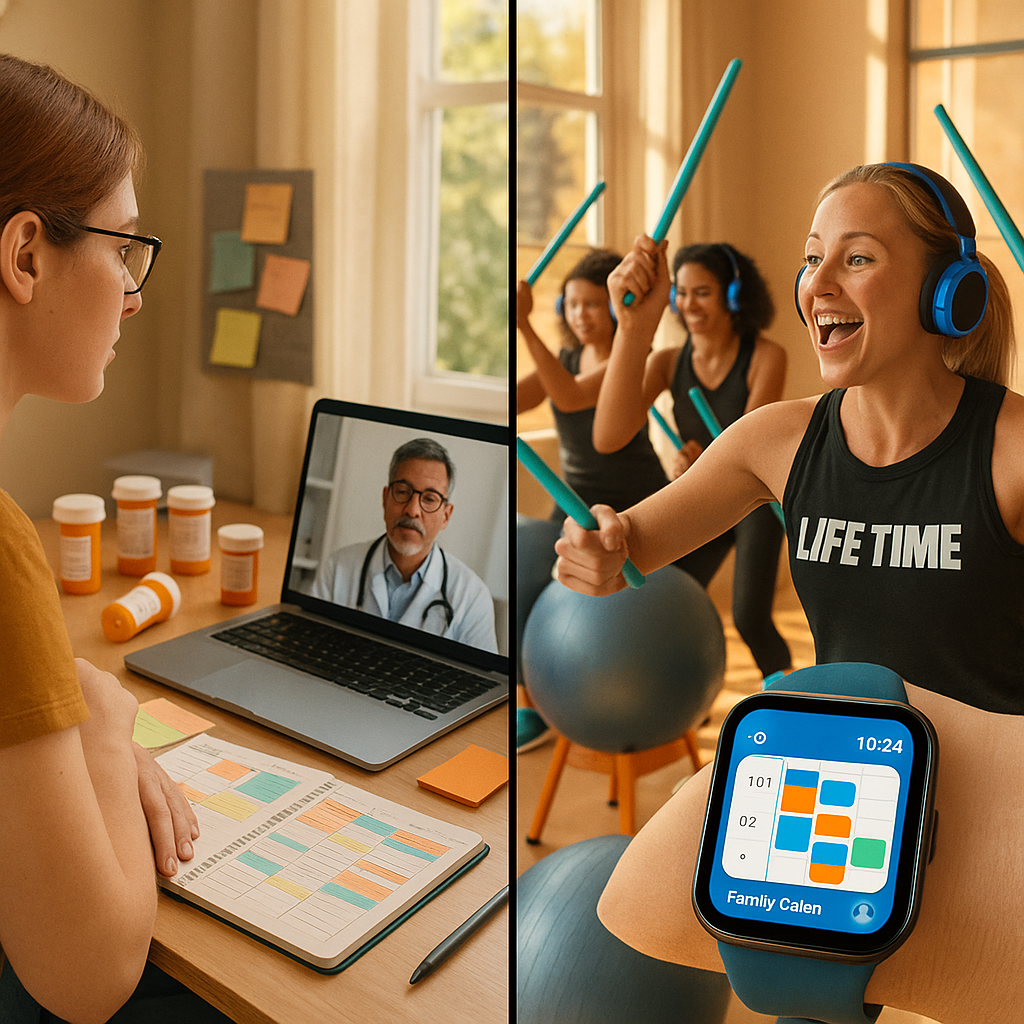Key Takeaways
- Video game therapies for ADHD are being adopted by clinics and startups globally.
- These tools reframe ADHD traits such as hyperfocus and quick pattern recognition as strengths within immersive game environments.
- Advances in artificial intelligence allow games to tailor challenges to individual attention patterns, supporting ongoing engagement.
- Early research and clinical trials indicate digital games can improve attention and executive function, complementing established treatments.
- Major game-therapy platforms are currently under regulatory review for expanded health authority approval in 2024.
Introduction
Clinicians and technology innovators are turning to video games as a new approach to ADHD treatment. Over the past year, game-based digital therapies have been introduced into clinical and startup settings, reframing classic ADHD traits as potential strengths. With AI-driven personalization and early positive research findings, these tools are now undergoing review for broader approval. This could influence how neurodivergent professionals and creatives manage focus and personal development.
From Play to Performance: How Gaming Mechanics Support ADHD Brains
Video game-based therapies are transforming ADHD treatment by leveraging the brain’s reward pathways. These interventions use game mechanics that align with how ADHD minds process information and stay engaged.
A study published in the Journal of Neural Engineering found that game-based approaches activate neural circuits similar to those targeted by traditional medications, but through interactive, skill-focused experiences. The immediate feedback and varied rewards in video games especially align with ADHD brain chemistry.
According to Dr. Sarah Chen, a neuroscience researcher at Stanford, gaming environments can facilitate “flow states” in which ADHD professionals perform optimally. She mentioned that participants are able to maintain focus much longer than with conventional therapeutic techniques.
Current Applications in Professional Settings
Companies such as Akili Interactive and NeuroCog have introduced platforms aimed at strengthening workplace executive functions. These programs adapt in real time to users’ performance, offering customized cognitive training.
Creative professionals report notable improvements with these solutions. For example, Marcus Rodriguez, a graphic designer with ADHD, shared that game-based training helped him manage multiple client deadlines more effectively.
Remote workers are also adopting these digital therapeutics. According to a recent survey by WorkMind Analytics, 68% of neurodivergent professionals using game-based tools reported better task initiation and higher completion rates.
Research Backing the Digital Approach
Clinical studies have identified significant gains in executive function skills among adults using game-based interventions. A 2023 meta-analysis published in the Digital Health Journal reviewed 15 independent trials and noted improvements including:
- 24% increase in working memory capacity
- 31% faster task switching
- 18 to 22-minute longer sustained attention spans
Research teams at MIT’s Gaming Lab have highlighted specific game mechanics that address different ADHD-related challenges. Dr. James Morrison, the lab’s lead researcher, emphasized the importance of matching each cognitive demand with compelling gameplay features.
Integration with Traditional Support Systems
Healthcare providers are beginning to include game-based therapies in comprehensive ADHD treatment plans. Several FDA-approved gaming interventions are now covered by major insurance providers, reflecting recognition of their therapeutic value.
Workplace wellness programs increasingly offer gaming platforms alongside traditional productivity tools. These initiatives allow professionals to develop skills at a comfortable pace while receiving structured support.
Partnerships between game developers and ADHD specialists are strengthening as well. Dr. Lisa Torres, clinical director at the Center for Neurodiversity Innovation, noted that collaboration is forming between entertainment technology and therapeutic science.
Conclusion
Game-based therapies are reshaping how neurodivergent professionals build focus and executive function, combining entertainment technology with evidence-based treatment. As these tools become more integrated into workplace routines and receive greater support from health providers, they signal a shift toward approaches that leverage, rather than fight, distinctive brain wiring.
What to watch: Continued collaboration between game developers and ADHD specialists could lead to a broader range of digital training options for adults in diverse work environments.





Leave a Reply